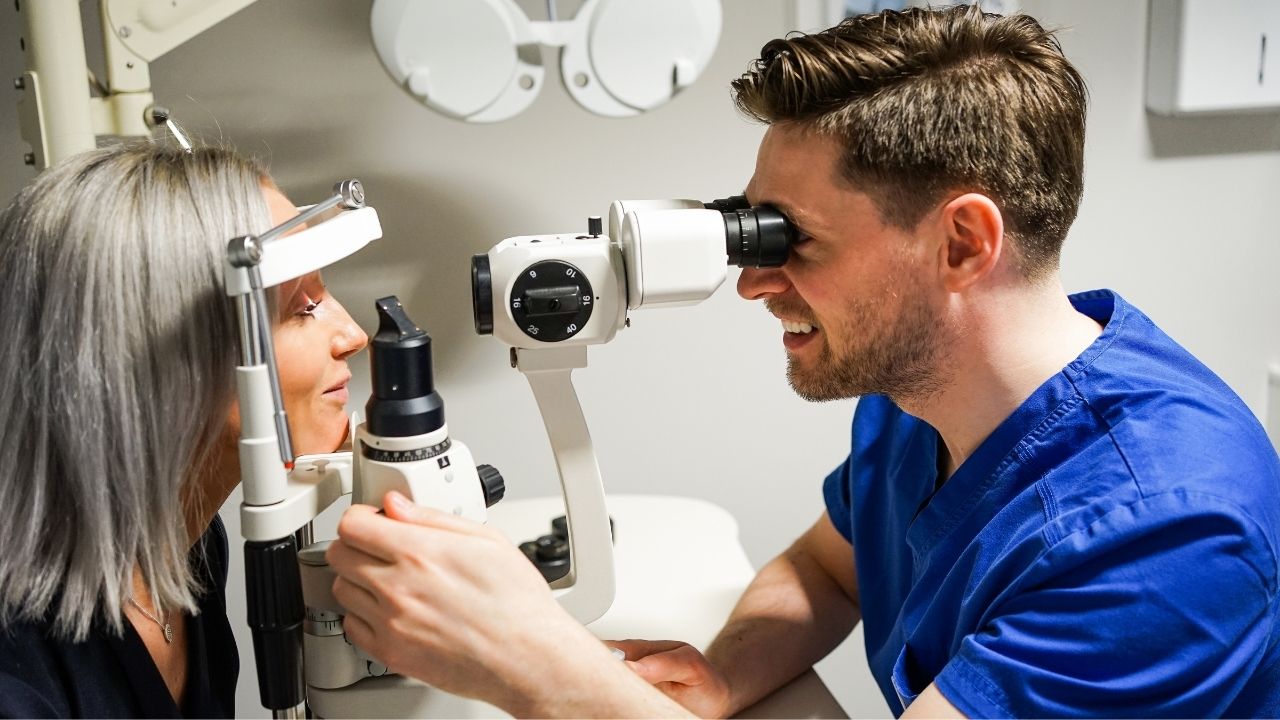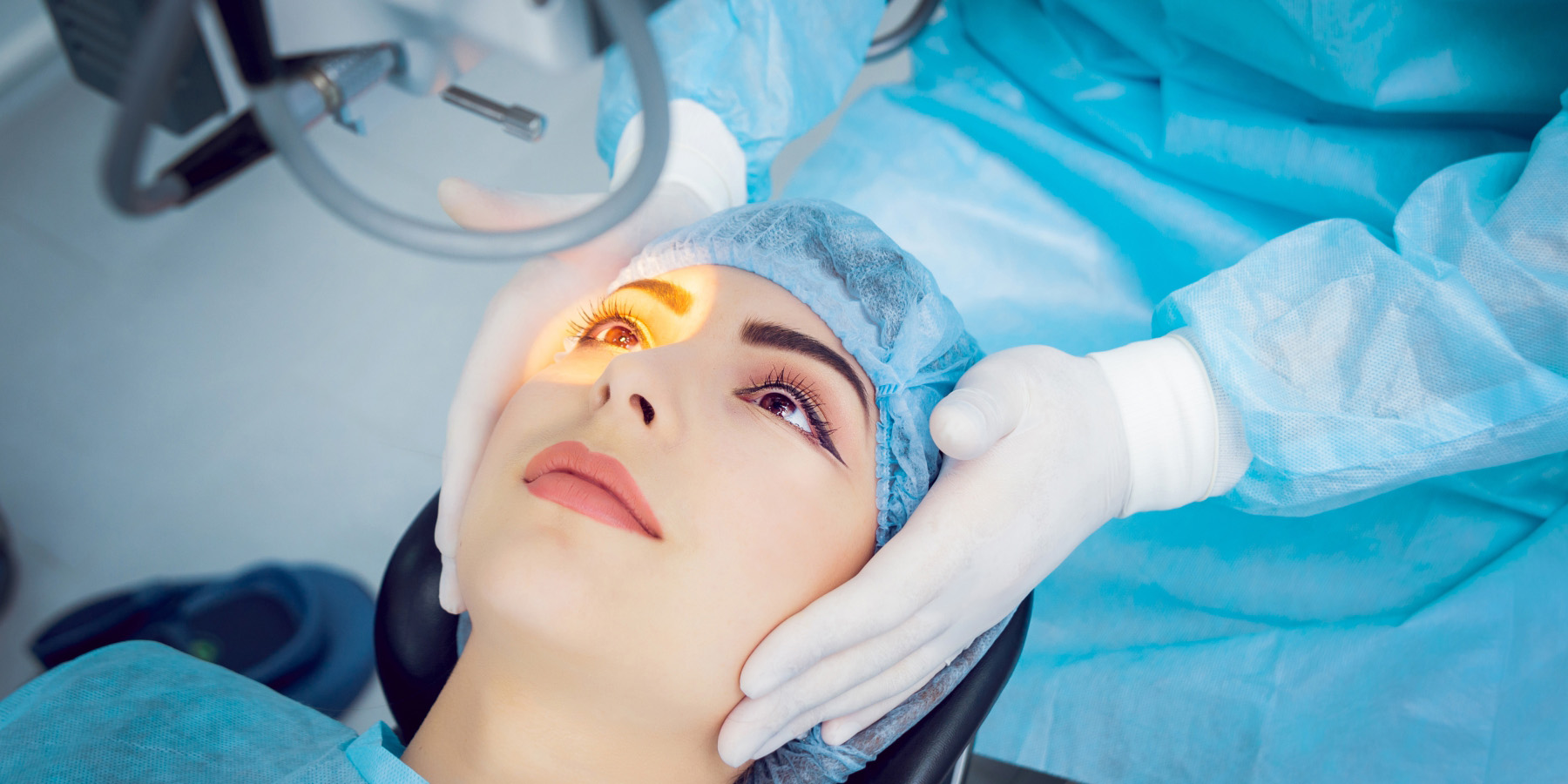Although it is well known that eating a balanced, healthy diet benefits the whole body, did you know that the opposite is also true – that a poor diet may harm your eyesight, especially if you are just recuperating from laser eye surgery? The quality of the food, the method of preparation, and the quantity ingested may all contribute to an elevated risk of developing eye issues. We’ve created the following list of things to avoid because of this.
Lean Meats
Elevated cholesterol is often caused by a diet rich in processed meats and effect the best laser eye surgery, particularly red meat and sausage, which are high in saturated fat. Plaque builds up on the macular veins in the eyes as a result, preventing blood flow to the eyes. As a result, eating a lot of fatty meats may raise your risk of developing macular degeneration, a retinal condition that causes vision loss. This could also counteract laser eye surgery’s advancement. Click here for tips that would help after your laser eye surgery.

Snack Items
When ingested in large or maybe even moderate quantities, snack foods like chips, candy, or cookies may have a negative effect on your eyesight. According to a newly published research, eating too much of these foods increases the risk of developing eye issues since they include veggie, monounsaturated, and polyunsaturated fatty acids. Along with these unhealthy fats, the high sugar and salt content of these foods has a negative effect on the health of the body’s organs and circulatory system, reducing blood flow to the eyes and decreasing oxygenation.
Sugar
One of the worst diets for the eyes is one that is highly heavy in sugar, especially if laser eye surgery is being considered. Regularly consuming excessive amounts of sugar causes your blood sugar to rise, which in turn causes your eye’s lens to enlarge and impairs your eyesight. Consuming excessive amounts of sugar may also cause diabetes to worsen, which may then result in bleeding into the eyes, ocular hemorrhages, and permanent vision loss.

Fried foods
The molecular structure of cooking oils is altered by repeated heating, which is harmful to the whole body, including the eyes. Fried food depletes the body of nutrients and produces free radicals that harm the eye’s cells, which may affect how well laser eye surgery works. Eating fried food weakens the heart and also impairs blood flow, both of which affect the blood flow to the eyes and may cause vision loss.
Foods that support eye health
Here is a list of foods that may help prevent eye disorders after knowing which ones to avoid eating in large quantities:
- Eggs
- Vegetables with green leaves
- Citrus fruits and berries
- Salmon and other fish have a high DHA content (omega 3 fatty acid)
Laser risks for eye surgery include the following:
Eye dryness
Tear production is momentarily decreased after laser eye surgery. You could notice that your eyes look unusually dry for the first six weeks or so after surgery while they heal. Dry eyes may reduce the clarity of your vision.
To treat dry eyes, your eye doctor may recommend eyedrops. If you have very dry eyes, you may decide to have special plugs installed in your tear ducts to prevent your tears from draining too far from the surface of your eyes.
Glare, halos, and double vision.
After laser eye surgery, you can have trouble seeing in the dark; this often lasts a few times to a few months. Possible symptoms include increased sensitivity to light, glare, halos around bright lights, or even double vision.
Even if you have a positive evident result during routine testing, the procedure may cause your vision in low light (such as at dusk or even in fog) to deteriorate to a greater extent than previously.
Under-corrections.
You won’t have the improved eyesight you want if the laser doesn’t remove enough tissue from your eye. People who are nearsighted are more likely to need under-corrections. You could need a second laser procedure to remove many more cells within a year.
Overcorrections.
Additionally, the laser could remove extra tissue from your eye. It could be a bit harder to remedy overcorrections than under-corrections.

Astigmatism.
Usually, an uneven tissue loss results in astigmatism. There may be a need for further surgery, glasses, or even contact lenses.
Flap problems.
Your eye may have issues after surgery, such as sickness and frequent crying, if the flap from the front side of your eye is folded again or even removed.
Regression.
The upper corneal tissue layer may grow abnormally underneath the flap as the healing process progresses. Regression occurs when your eyesight gradually returns to the original prescription. This is a less common issue.
Loss of eyesight or maybe visual alteration
Loss of vision may sometimes be brought on by medical issues. Additionally, some people may lose their ability to see as sharply or clearly as they once did.
Circumstances that make hazards worse
Certain medical conditions may make laser surgery more likely or perhaps make the outcome less predictable.
- Your doctor may not recommend laser refractive surgery for you if you have certain disorders, such as rheumatoid arthritis, a weakened immune system brought on by immunosuppressive drugs, or even HIV.
- Corneal swelling, lid abnormalities, eye injuries, or eye diseases such uveitis, herpes simplex in the eye region, glaucoma, or cataracts.
- Recent changes in eyesight caused by drugs, nursing, pregnancy, hormonal changes, or experienced age.
- If you have an eye condition that causes the cornea to thin and bulge, or if you have a family history of it, or if you have severe nearsightedness and have good overall vision, LASER surgery is often not advised.
- Have age-related changes in the eyes that cause vision to become less clear, such as very thin corneas or huge pupils
- Play contact sports that may include hits to the face’s surface
If you are thinking about having laser eye surgery, discuss your concerns and questions with your doctor. Your doctor will decide whether you are a candidate for this procedure or maybe others very similar to it.
Planning techniques
To prepare for surgery, a variety of steps might be taken, such as the following:
Find out the procedure’s general cost.
Due to the fact that laser eye surgery is often seen as optional, many insurance companies won’t cover the expense. Prepare to cover your fees out of your own money.
Make plans for home transportation.
You’ll need transportation to and from the medical facility. As you watch surgery, you could still be experiencing the side effects of the medications you were given before the procedure, and your vision might be blurry.
Eye makeup should be left at home.
Avoid using eye makeup, scents, creams, or lotions the day before to your surgery and the morning of it. In order to remove waste and lower your risk of sickness, your doctor may also advise you to clean your eyelashes every day or perhaps more often in the days leading up to surgery.



